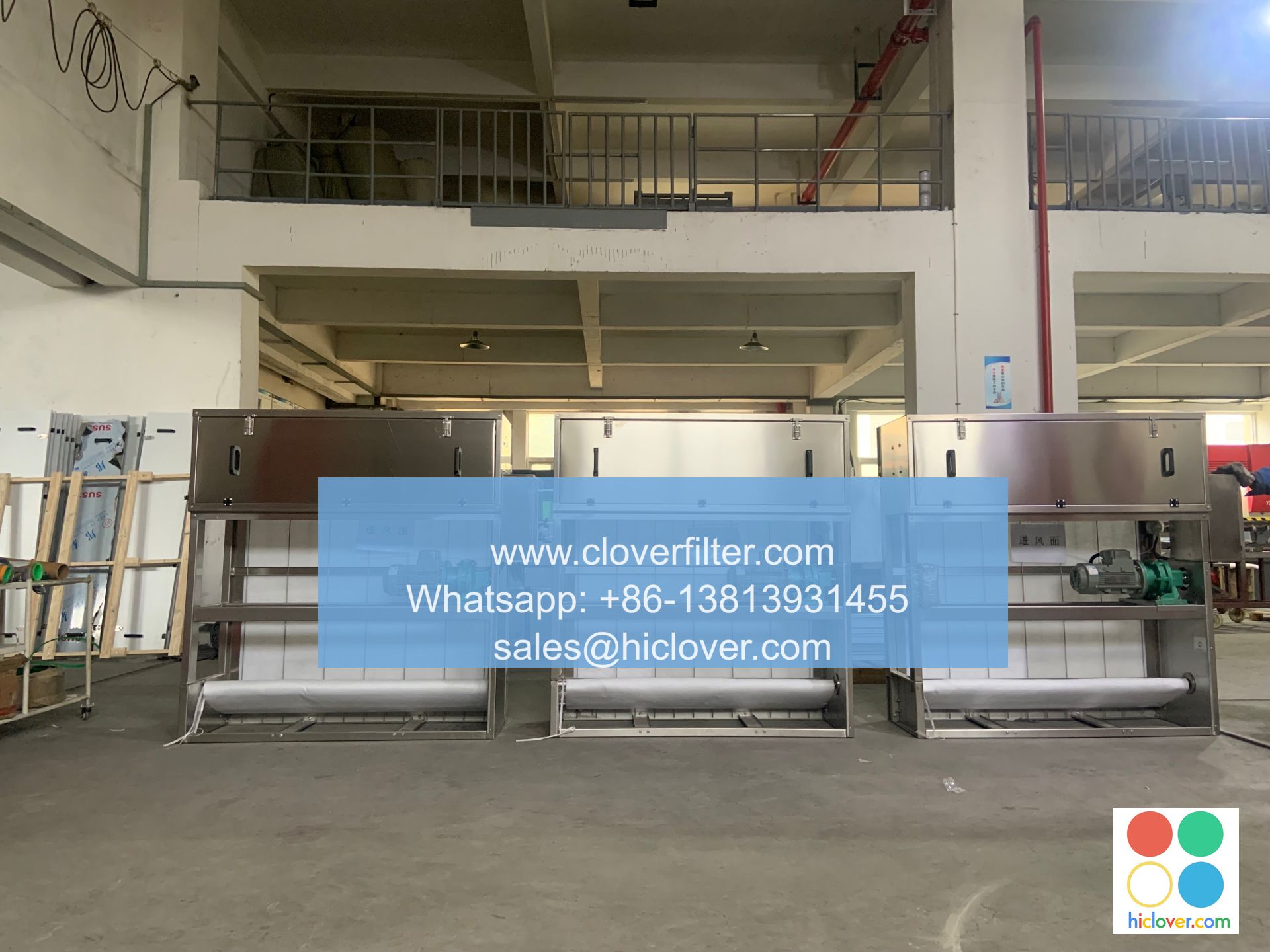The Rise of Automated Filters in Industrial Manufacturing

The Rise of Automated Filters in Industrial Manufacturing
In recent years, the industrial manufacturing sector has witnessed a significant shift towards automation and technological advancements. One of the key areas that has seen significant growth is the use of automated filters in various industrial processes. Automated filters have revolutionized the way industries operate, improving efficiency, reducing costs, and enhancing product quality. In this article, we will explore the rise of automated filters in industrial manufacturing, highlighting their applications, benefits, and future prospects.
What are Automated Filters?
Automated filters are devices that use sensors, actuators, and control systems to monitor and control the flow of fluids, gases, or particles in industrial processes. These filters are designed to remove impurities, contaminants, and unwanted substances from the process stream, ensuring that the final product meets the required specifications.
Applications of Automated Filters
Automated filters have a wide range of applications across various industries, including:
Chemical Processing
Automated filters are widely used in chemical processing to remove impurities and contaminants from chemical solutions, ensuring that the final product meets the required specifications.
Pharmaceutical Manufacturing
Automated filters are used in pharmaceutical manufacturing to remove impurities and contaminants from pharmaceutical products, ensuring that the final product is safe and effective.
Food and Beverage Processing
Automated filters are used in food and beverage processing to remove impurities and contaminants from food and beverage products, ensuring that the final product meets the required standards.
Oil and Gas Exploration
Automated filters are used in oil and gas exploration to remove impurities and contaminants from drilling fluids, ensuring that the drilling process is efficient and effective.
Water Treatment
Automated filters are used in water treatment to remove impurities and contaminants from water, ensuring that the final product meets the required standards.
Benefits of Automated Filters
Automated filters offer several benefits to industrial manufacturers, including:
Improved Efficiency
Automated filters can operate continuously, reducing the need for manual intervention and improving overall efficiency.
Reduced Costs
Automated filters can reduce costs by minimizing the need for manual labor, reducing waste, and improving product quality.
Enhanced Product Quality
Automated filters can improve product quality by removing impurities and contaminants, ensuring that the final product meets the required specifications.
Increased Safety
Automated filters can improve safety by reducing the risk of accidents and injuries associated with manual handling of hazardous materials.
Future Prospects of Automated Filters
The future of automated filters in industrial manufacturing looks promising, with advancements in technology and increasing demand for automation and efficiency. Some of the key trends that are expected to shape the future of automated filters include:
Integration with IoT Technology
Automated filters are expected to be integrated with IoT technology, enabling real-time monitoring and control of the filtering process.
Advancements in Filter Materials
Advancements in filter materials are expected to improve the efficiency and effectiveness of automated filters, enabling them to remove even smaller impurities and contaminants.
Increased Adoption in Emerging Markets
Automated filters are expected to see increased adoption in emerging markets, where there is a growing demand for automation and efficiency in industrial manufacturing.
In conclusion, automated filters have revolutionized the way industries operate, improving efficiency, reducing costs, and enhancing product quality. With their wide range of applications across various industries, automated filters are an essential component of modern industrial manufacturing. As technology continues to advance and demand for automation and efficiency grows, the future of automated filters looks promising, with increasing adoption in emerging markets and advancements in filter materials and IoT technology.
It looks like you’re ready to get started! What would you like to talk about or ask? I’m here to help you with any questions, provide information, or even generate a fun conversation. Let me know what’s on your mind!


